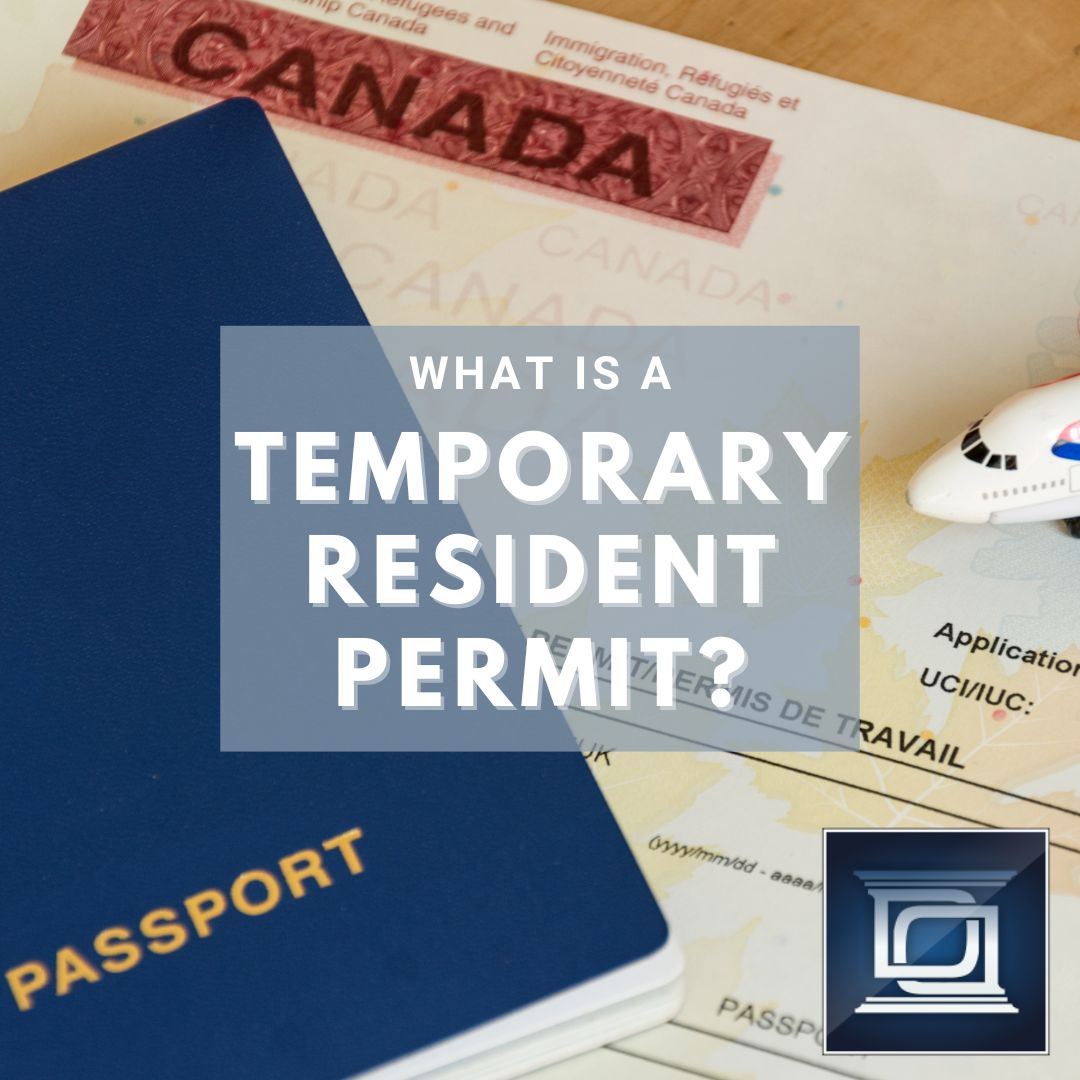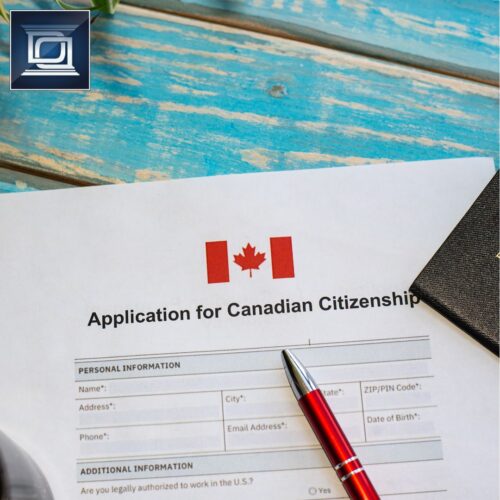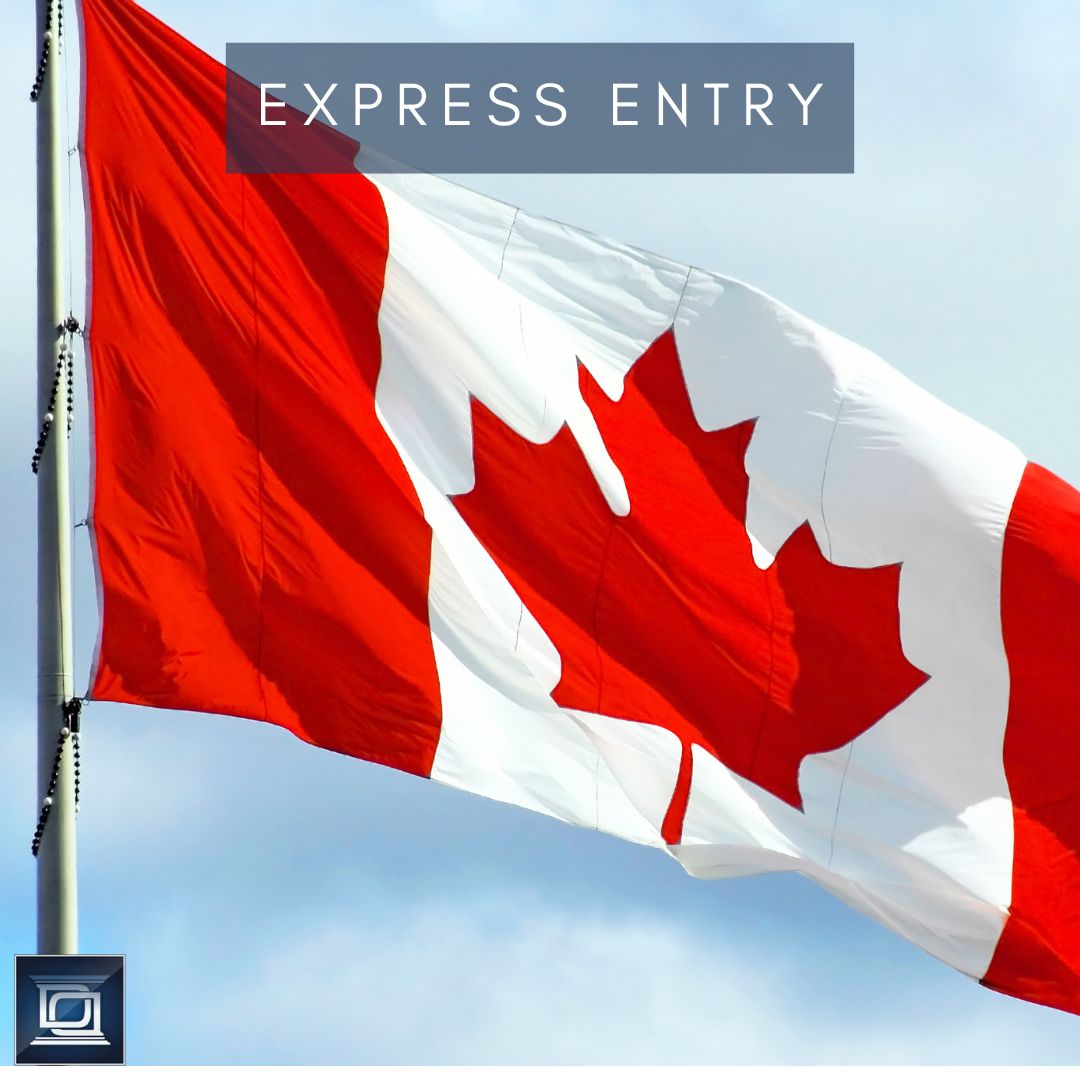In Canada, a Temporary Resident Permit (TRP) is a document that allows an individual who is otherwise inadmissible to enter or remain in Canada for a limited period of time. It is a discretionary permit granted by the Canadian immigration authorities, typically to individuals who would otherwise be denied entry due to criminality, medical issues, or other circumstances that make them inadmissible under Canada’s immigration laws.
A Temporary Resident Permit is not a long-term immigration solution but rather a temporary solution to allow individuals with compelling reasons to enter or remain in Canada on a temporary basis. It can be issued for a single entry or multiple entries, depending on the specific circumstances.
The process of obtaining a Temporary Resident Permit involves submitting an application to Immigration, Refugees and Citizenship Canada (IRCC). The application must include detailed information about the individual’s inadmissibility, reasons for travel, supporting documentation, and any relevant background information.
The IRCC reviews each application on a case-by-case basis, considering factors such as the seriousness of the inadmissibility, the length of time since the offense, evidence of rehabilitation, and the purpose of the individual’s visit to Canada. The applicant may be required to provide additional information or attend an interview as part of the assessment process.
How long does it take to get a temporary resident permit?
The processing time for a Canada Temporary Resident Permit (TRP) can vary depending on several factors, including the specific circumstances of the applicant and the workload of the immigration authorities. Generally, the processing times can range from a few weeks to several months.
If additional information or documentation is required, it can further extend the processing time. In some cases, the immigration authorities may request an interview or additional medical or criminality checks, which can also contribute to a longer processing time.
If you have an urgent need to travel to Canada and require a Temporary Resident Permit, it’s recommended to submit your application well in advance and provide all the necessary supporting documents to minimize delays. Seeking assistance from an immigration lawyer or authorized immigration consultant can also help ensure that your application is prepared accurately and efficiently.
How do you qualify for temporary residency in Canada?
Temporary residency in Canada can be obtained through various immigration programs and permits, and not just a TRP. Here are some common ways to qualify for temporary residency in Canada:
- Temporary Work Permits: If you have a job offer from a Canadian employer, you may be eligible for a temporary work permit. The employer may need to demonstrate that there are no Canadians or permanent residents available to fill the position. In some cases, a Labour Market Impact Assessment (LMIA) may be required.
- Study Permits: If you have been accepted into a designated Canadian educational institution, you can apply for a study permit. You must provide proof of acceptance, demonstrate sufficient funds to cover your tuition fees and living expenses, and prove that you intend to leave Canada after completing your studies.
- Temporary Resident Visa (Visitor Visa): Visitors from certain countries may require a temporary resident visa (TRV) or an Electronic Travel Authorization (eTA) to enter Canada. The requirement depends on your nationality. Typically, you need to demonstrate that you have ties to your home country, such as a job, family, or property, to ensure you will return after your visit.
- International Experience Canada (IEC) Program: This program allows young people from specific countries to work and travel in Canada through reciprocal agreements. It includes categories such as Working Holiday, Young Professionals, and International Co-op.
- Intra-Company Transfers: If you work for a company with a Canadian branch, you may be eligible for an intra-company transfer. This program allows skilled employees to work in Canada temporarily.
- Business Visitors: If you plan to engage in business activities in Canada, such as attending meetings, conferences, or negotiating contracts, you may qualify as a business visitor. This category typically requires that your primary source of income and business remains outside of Canada.
- Temporary Resident Permit (TRP): As mentioned earlier, a Temporary Resident Permit may be issued to individuals who are otherwise inadmissible to Canada due to criminality, medical issues, or other circumstances. This permit allows individuals to enter or remain in Canada temporarily, subject to specific conditions.
It’s important to note that each immigration program and permit has its own eligibility requirements, application process, and documentation criteria. It’s advisable to consult the official website of Immigration, Refugees and Citizenship Canada (IRCC) or seek assistance from an immigration lawyer or authorized immigration consultant to understand the specific requirements and procedures based on your circumstances.
The team at Dhanu Dhaliwal Law Group can help you with this process. Get in touch with our immigration attorneys by calling our Abbotsford office or Surrey office or by filling out our contact form.






